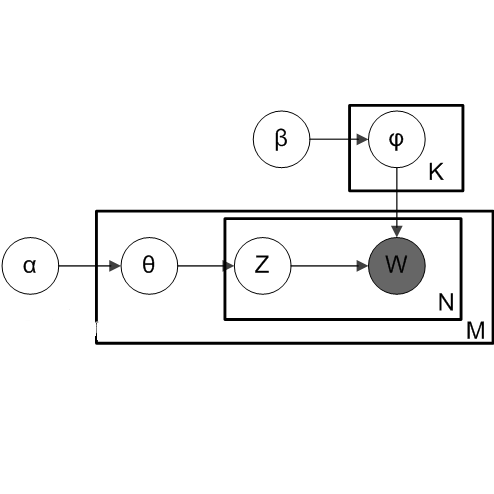Edge computing provides an agile data processing platform for latency-sensitive and communication-intensive applications through a decentralized cloud and geographically distributed edge nodes. Gaining centralized control over the edge nodes can be challenging due to security issues and threats. Among several security issues, data integrity attacks can lead to inconsistent data and intrude edge data analytics. Further intensification of the attack makes it challenging to mitigate and identify the root cause. Therefore, this paper proposes a new concept of data quarantine model to mitigate data integrity attacks by quarantining intruders. The efficient security solutions in cloud, ad-hoc networks, and computer systems using quarantine have motivated adopting it in edge computing. The data acquisition edge nodes identify the intruders and quarantine all the suspected devices through dimensionality reduction. During quarantine, the proposed concept builds the reputation scores to determine the falsely identified legitimate devices and sanitize their affected data to regain data integrity. As a preliminary investigation, this work identifies an appropriate machine learning method, Linear Discriminant Analysis (LDA), for dimensionality reduction. The LDA results in 72.83% quarantine accuracy and 0.9 seconds training time, which is efficient than other state-of-the-art methods. In future, this would be implemented and validated with ground truth data.
翻译:通过分散的云和地理分布的边缘节点,对边缘节点进行集中控制可能由于安全问题和威胁而具有挑战性。在几个安全问题中,数据完整性袭击可能导致数据不一致和侵入边缘数据分析。袭击的加剧使得减轻和查明数据完整性成为挑战。因此,本文件提出了一个数据检疫模型的新概念,以缓解四分卫入侵者对数据完整性的攻击。云、临时热网络和计算机系统中使用检疫的有效安全解决方案促使在边缘计算中采用这一方法。数据获取边缘节点通过减少维度来识别入侵者和隔离所有疑似装置。在检疫期间,拟议的概念将建立声誉评分,以确定错误确定的合法装置,并清理其受影响数据以恢复数据完整性。作为初步调查,这项工作确定了一种适当的机器学习方法,即线性差异分析(LDA),以降低维度为动力。LDA的结果是72.83%的检疫精确度和0.9秒的培训时间,这一方法的实施效率高于其他状态。




